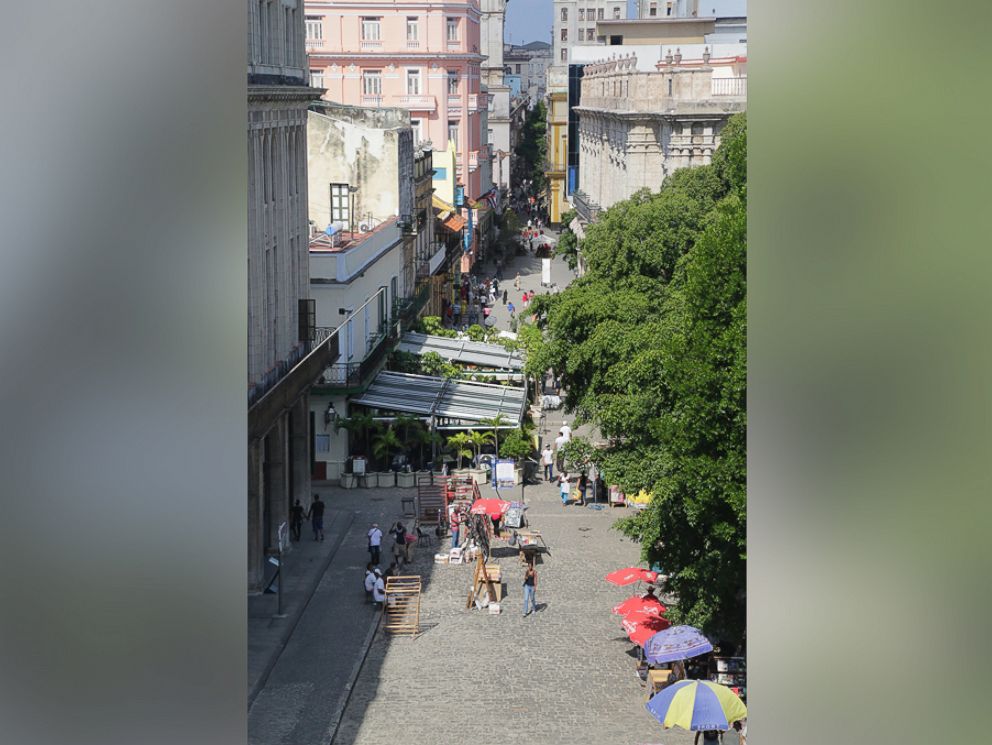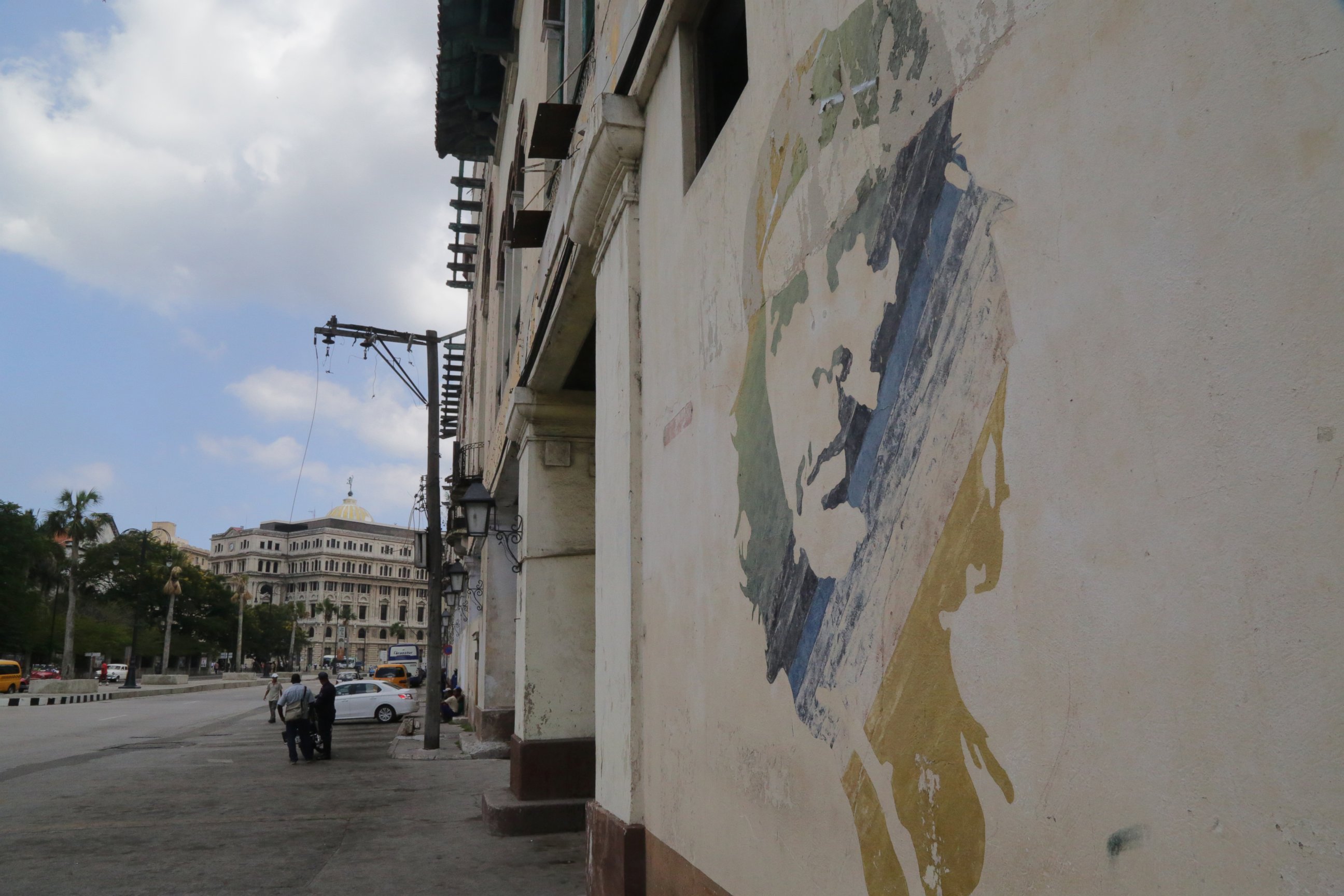What U.S. Tourism Means for Cuba
Increased tourism is bringing needed income but some also fear problems.
HAVANA -- For more than half a century, it's been forbidden to and mostly forgotten by American travelers. Until now.
"I've stood there while the Cuban guide tells his British group, 'I know why you're all here, we're all here to see it before the Americans ruin everything,' and everyone says yeah, absolutely, so it's kind of become a joke, but it's true,” says Tony Pandola, a tour guide from California who’s been leading tours in Cuba for the past four years. “The ad nauseam thing you hear from anyone that you ask why you came to Cuba and why they came now, is 'I want to see it before it changes.' So everyone is aware that things are changing and they want to see this last vestige of some period, whether it was the Cold War or the Castro regime. The whole world has its eyes on Cuba and they want to see it."
Suddenly, Cuba is one of the hottest destinations on the planet. Ever since the U.S. government eased some of the travel restrictions for Americans travelling to Cuba, and President Obama became the first U.S. president to visit the country in over 80 years, Americans have been flocking to the island. The number of Americans visiting Cuba nearly doubled in the first four months of 2016 over last year at the same time, according to the Cuban government, with more than 94,000 Americans visiting from January to May of this year.
Vickie Aoury was one of them. She made her visit here from Colorado recently, wanting to see Cuba before it becomes “Americanized.”
“We expect it will change and we wanted to see a little bit of the old,” Aoury said as she strolled around the Old Town section of Havana with three friends. “It reminds me of amazing European cities. The infrastructure, though, is so decayed -- its beauty is raw right now, and it will be interesting to see in 10 years what will happen.”

Aoury and her friends came to Cuba on a cultural exchange program because it is still illegal for Americans to visit Cuba solely as tourists, and the U.S. maintains the trade embargo on Cuba that has been in place since 1960.
Despite the embargo, the influx of Americans and other foreigners has meant much needed income for Cubans lucky enough to work in the exploding tourist industry. But it’s also causing problems.
“The Cuban infrastructure cannot handle the people that are going to come and can barely handle the people that are already here,” says Pandola. “The most obvious case was this past holiday season where some of the more visited towns where there were foreigners literally sleeping in the park because there wasn't enough room to rent in the entire town. That had never happened. There were police grabbing people by the hand and knocking on locals doors and saying you have to put out this person up for the night because we can't have them sleeping in the park."
And while those that work in the hospitality business here have seen their wages rise, others remain mired in poverty. Many professionals here, such as doctors and engineers, only earn roughly $50 a month. Working at a restaurant frequented by tourists or driving a cab -– especially driving one of the numerous American cars from the 1940s and 50s still on the road here –- can earn some Cubans as much in a day as a doctor earns in a month. One Cuban driver we spoke to, Isvani, who drives a pink, meticulously maintained 1957 Chevrolet Bel Aire, said it is a Cuban tradition to drive such cars, even though they are difficult to maintain, because tourists, especially Americans, enjoy riding in them.
So while many Cubans here hope that more American tourism will mean more opportunity, they also share the fear with many foreign tourists that the nature of Cuba will change. But Pandola believes the island is not suddenly going to see a Starbucks on every corner when and if the embargo is lifted.

“There are plenty of international chains that could do business in Cuba if they wanted to, and the reality is Cuba is not an easy place to do anything,” he says. “Any business that thinks they’re going to come down here and do whatever they want once the embargo is ended, I think they’re sorely mistaken.”
For now, Cuba remains like nowhere else –- a time capsule waiting for you to open it.




